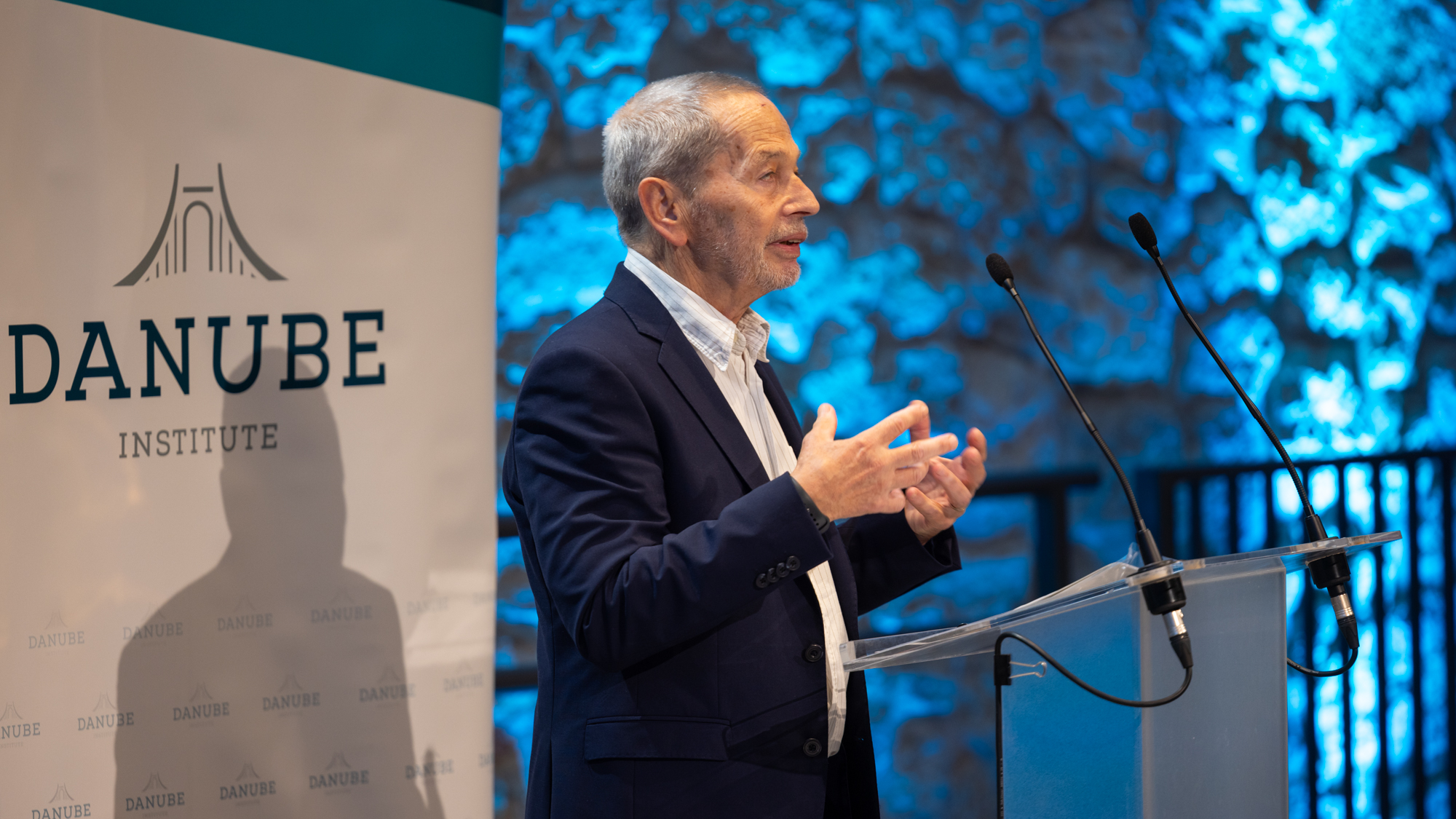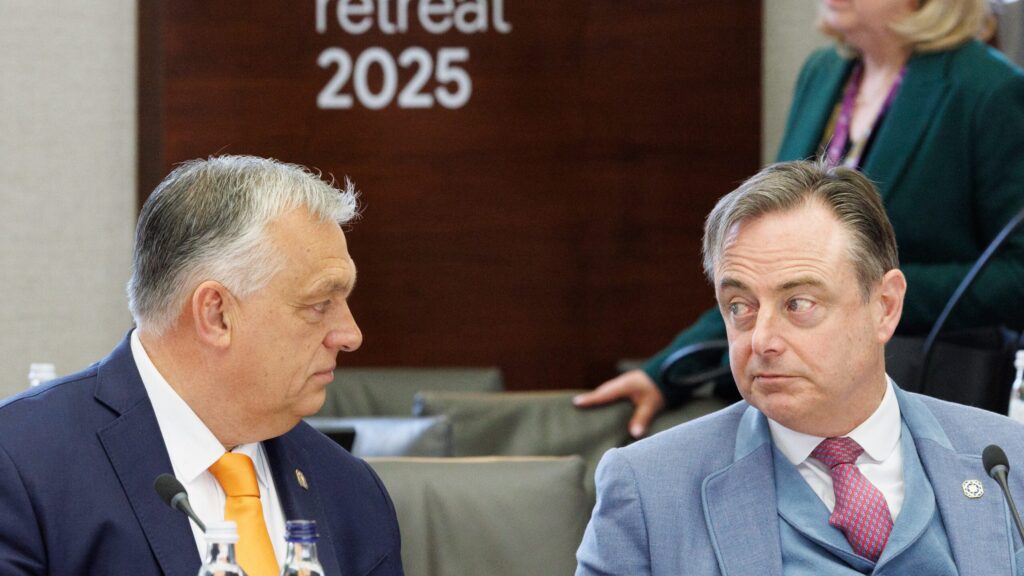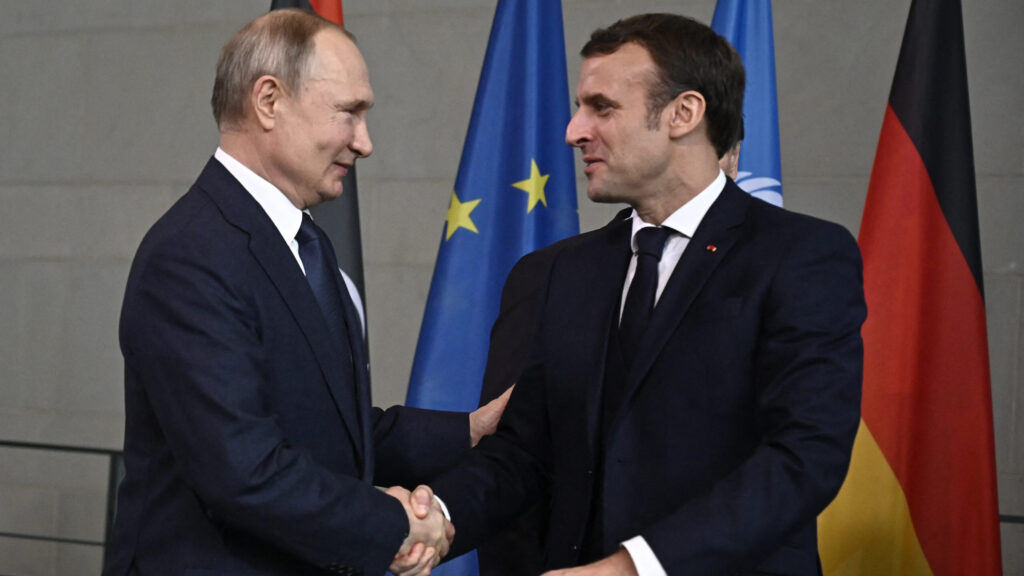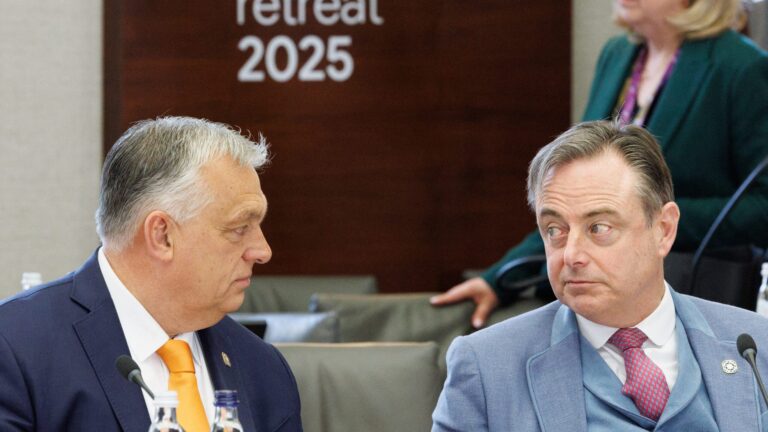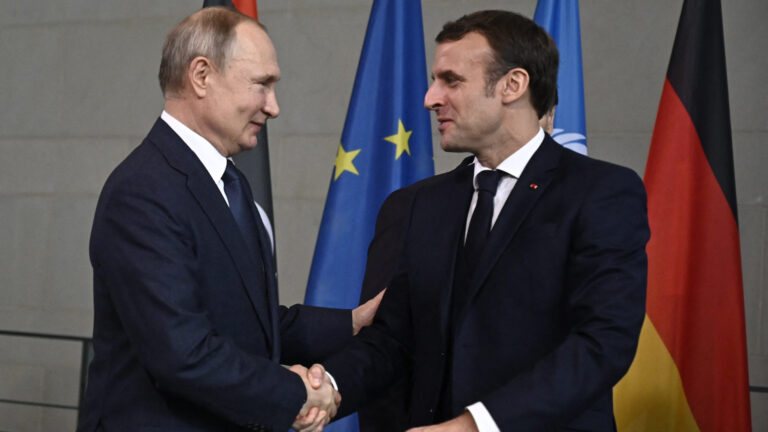Executive Director of MCC Brussels Frank Furedi opened Day Two of the Fourth Geopolitical Summit in Budapest. He highlighted that the cultural conflicts of the world have gradually filtered from universities into the domain of other institutions, and also into the foreign policy establishment. These cultural conflicts inflict themselves on military as well, he warned.
Frank Furedi added that culture is gradually becoming intertwined with geopolitics and the conduct of war. War, and discussion of war have very important cultural dimensions now, with internal cultural conflicts in the West often inform geopolitical decisions as a result.
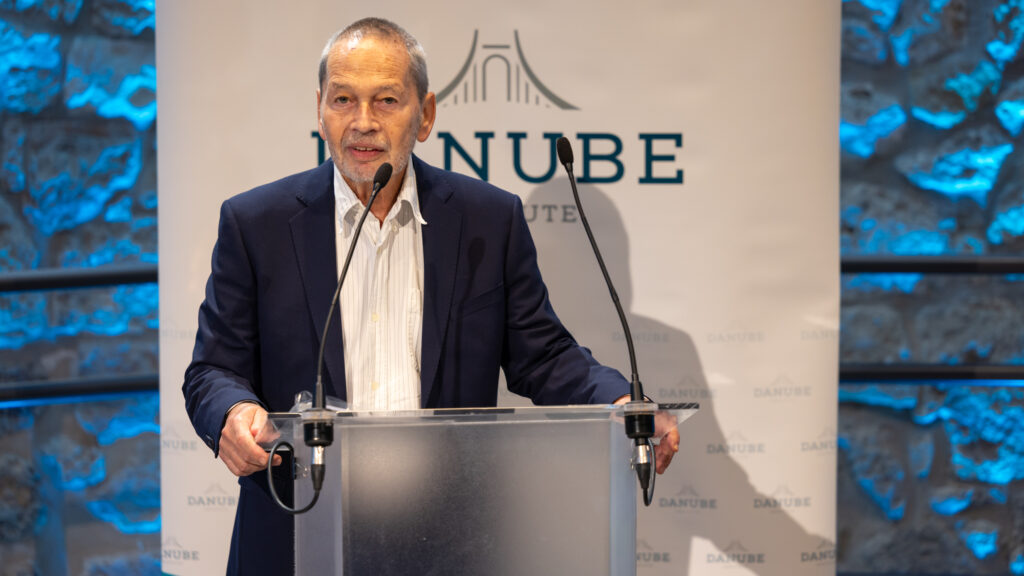
He continued by saying that humanitarianism and human rights gradually became politicized after WWII. Human rights were detached from what their the basic principles once were. He opined that if one gives such importance for cultural conflicts, it can disorient geopolitical affairs entirely. He gave the example of the US, where identity-based NGO’s play a role in influencing politics and politicians.
He also mentioned ‘the queering of foreign policy’ in Canada, where LGBTQ rights are the main focus of foreign policy orientation. Internal cultural conflicts thus get externalized. He recalled that the nuclear administration chief in the Biden administration, Sneha Nair penned an op-ed about ‘queering nuclear weapons’, where she attacked the nuclear committee for consisting only of ‘cis heteronormative’ people.
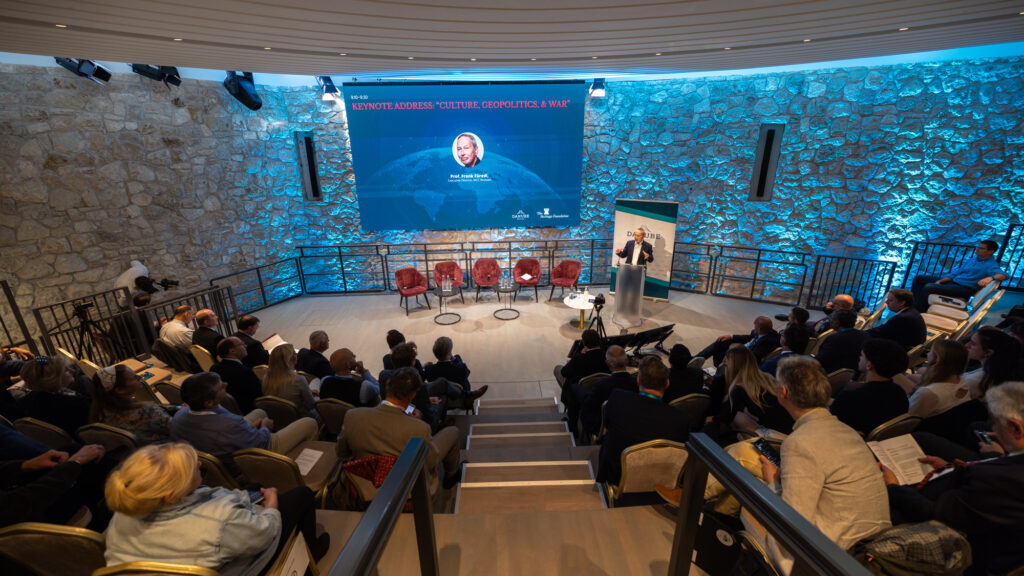
Mr Furedi said his concern is that identity politics emphasize the victim status of humanity, its inability to cope with the challenges of life. He opined that this risk-averse culture has become the centre in foreign politics, meaning that the West displays a risk-averse behaviour toward the conduct of war, too. He concluded that if this phenomenon persists, it will result in instability in the global sphere.
More from the event:

